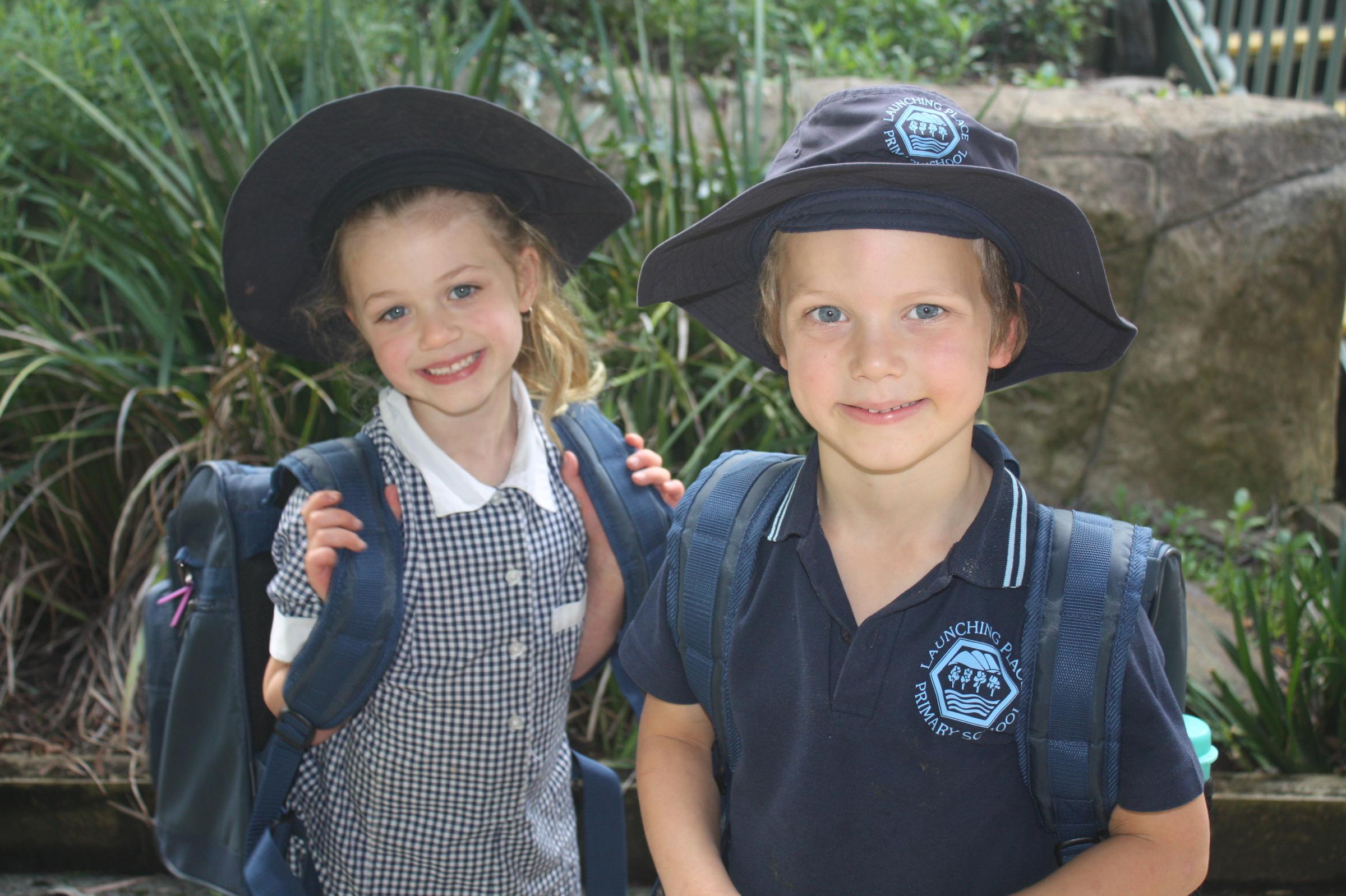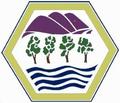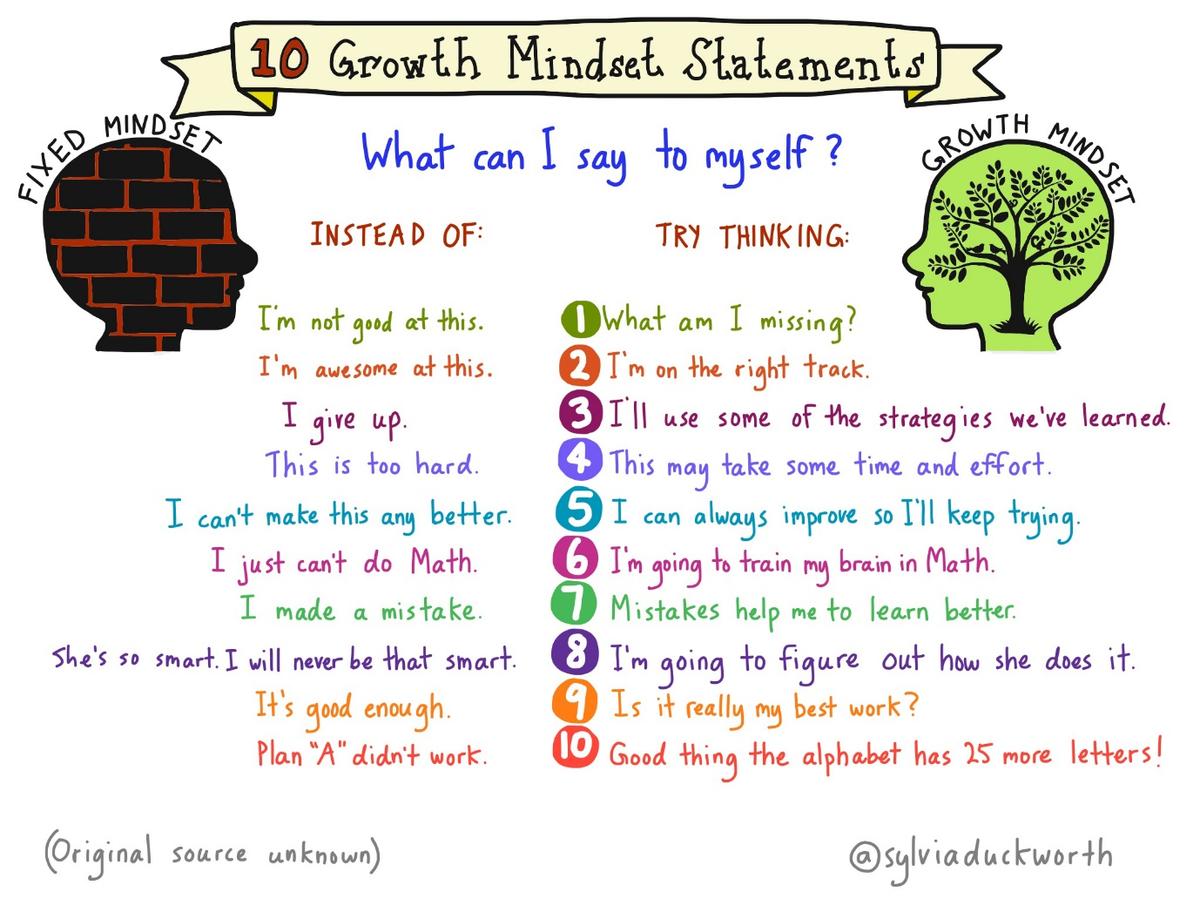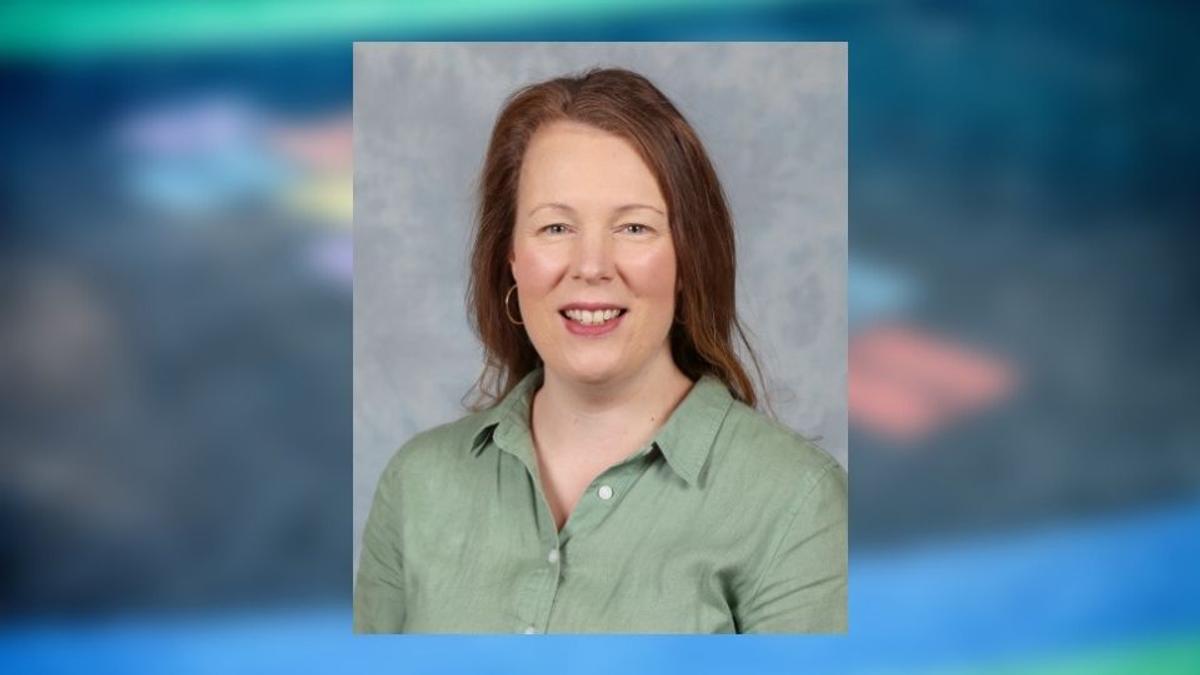Principal's Page

School Review Update and Strategic Plan
As you know last term our students, staff and community engaged in our School Review which aimed to assess our progress against the goals stipulated in our School Strategic Plan 2018 – 2022. The review is now complete with the report written by Martin Winfield our reviewer and the details of this ready to be shared at our next School Council Meeting on Monday 21st November. This will be an open, face to face meeting of which everyone is welcome to attend. If you are planning to come along please let the office know just so as we can arrange seating and refreshments.
With our School Review complete, our thoughts are now turning towards in our next Strategic plan period and fleshing out the actions that will assist us in achieving the goals and key improvement strategies formulated by our review team:
What we are working towards (Our Goals) | How we will do it (Key Improvement Strategies) |
| Goal One: To optimise learning growth for all students in Literacy and Numeracy. | 1a. Build teacher capacity to collaboratively use formative assessment to plan a genuinely personalised program. 1b. Strengthen instructional leadership in the areas of consistent instruction and common approaches to planning. 1c. Develop scope and sequence documents across the curriculum. 1d. Further build a culture of high expectations. |
| Goal Two: To empower all students to become confident and self-regulating learners. | 2a. Further embed a whole–school approach to student agency in learning and wellbeing. 2b. Further build student capacity to set challenging learning goals in consultation with teachers; and monitor their own learning growth. 2c. Enhance feedback to and from students; to improve student motivation, self–efficacy, and achievement. 2d. Foster enhanced community engagement, and communication with parents/carers around learning programs, student learning goals and student progress. |
I look forward to sharing more details about what the implementation of these strategies will look like in 2023 in future newsletters.
Growth Mindset
At assembly last week we had a bit of a chat around ‘Growth Mindset’. The key message shared with our students was:
Everyone in the world has a way of perceiving things. We call this a mindset. You have a mindset, your friends have a mindset, and your teacher has a mindset. We can choose to look at the world in a way that makes us feel strong and happy, or in a way that makes us feel frustrated and weak.
People with a growth mindset know they can get better by working hard. They keep trying even when things are tough and they say things such as, ‘I can’t do this...yet’ or ‘Mistakes help me learn.’
People with a fixed mindset feel differently as if they are stuck with the way things are. A fixed mindset can happen to anyone at some time or another but it's important we choose to have a growth mindset, keep trying, and stick with challenges.
As teachers and parents (trusted adults) in children’s lives we have a key role to play in modelling positivity and a growth mindset. When challenges arise, which as adults we know happen regularly, you can use your experience to talk to your children about how you turn around your internal voice to overcome and move forward. Check out some of the ideas below:
Chess Club
Chess club continued this week with our tutor Youseff continuing to teach our students how to take control of the centre of the board. Kieran (Year Four) explains ‘This involves putting your pieces on the four squares in the centre. This is a good move which will allow you to defeat your opponent.’ Kieran continued to explain ‘We also learnt to castle – it’s the only move where you can move your king two squares and move twice.’ When asked what was his favourite thing about Chess Club, Kieran replied ‘I like playing games with partners’.
Chess Club is an invitation only club that runs Wednesdays from 10:45 – 11:30am.
CARER groups
CARER groups continued this Monday just gone with the focus being ‘Speak Politely’. Students played a team building game ‘My friends’, and rewatched the video of their Year 2/3 peers from assembly explaining the behavioural expectation. We then worked together in teams to colour in posters of polite words we can use and practised using these as we passed each other pencils and worked as a team.
2023 Parent Contributions
Our School Council is soon to pass our Parent Contributions for 2023. These will be sent out to you through Compass next week. In the past 2 years, there has been changes to the Parent Payment Policy as set by the Department of Education.
Why are parent payment arrangements different now?
To ensure consistency in the way parent contributions are being requested and managed across the state, the Department has made changes to how schools seek parent contributions. The intent is to align practices across the system, and ensure parents and schools use common terminology and have a shared understanding around parent payment arrangements. A template is being used by all schools to communicate parent payment arrangements. The template includes the new category names to clearly define the purpose of parent payment requests and includes a one-page overview of the policy.
Parent Payment Categories
The categories under which contributions will be requested have been changed to align with the purpose of the payment:
- Support items and activities that help deliver fundamental curriculum or subject learning e.g. General classroom materials and equipment
- Other Contributions (previously known as Voluntary Contributions) support the school’s operation and function more generally e.g. Parent communication tools and school building enhancements
- Payments for Extra-Curricular Items and Activities (previously known as Optional Items) provide for items and activities over and above what is needed to deliver fundamental curriculum learning.
These user-pays contributions enhance the schooling experience for students e.g. Optional camps, excursions and events. The change in Parent Contributions policy as set by the State Government was to address schools that were non-compliant in their fee charging. We have always been compliant and when you see what we are requesting, our fees will show little difference to what has been in place since the policy last changed 5 years ago. The change is the Department have now made Curriculum Contributions (previously known as Essential Student Learning Items) voluntary. We ask that you continue to support us financially in the magnificent way you have in the past. The voluntary contributions that we have received, in some years totalling $15,000, has enabled us to buy items such as iPads and laptops as well as the televisions across the school. We thank you for your ongoing support of the school, not just physically with your attendance and support of your children, but also financially. We can only run the programs and structures we have, through having a supportive community.
Grade Six Graduation
Preparations have begun for our Grade 6 Graduation on Thursday 15th December. This year we are holding our graduation ceremony outside our school grounds. Information will be sent home on a regular basis and your children will be kept informed of developments as they occur. The Grade 6 students are also preparing for the next phase of their education. It is an exciting time for them with many changes occurring as they progress through to Secondary College. Discuss the transition with your child in a positive way to ensure that the transition is a smooth one. Should you have any concerns please speak to your child’s teacher at the school.
Children starting secondary school (Year 7)
Moving from primary school to secondary school is a major step. It's a time of big changes in your child's life. Talking about the changes with your child will help make the move positive. What's different?
Some of the main differences between primary and secondary school are:
- more subjects and teachers
- more homework
- more challenging school work
- the responsibility of getting to classes in different rooms on time
- the need to manage themselves, their learning and their equipment
- using lockers and carrying books between classes
- adapting to different teaching styles
- having no 'home' classroom – many schools have a designated area for year 7 students.
Many secondary schools work with primary schools to make the move easier. These transition programs can include:
- secondary students giving talks at their old primary school
- year 6 classes visiting secondary schools
- buddy systems at secondary schools – these pair up older and younger students.
- orientation days – these usually happen in early December.
Tips to prepare during the school holidays:
1. Be positive and enthusiastic. Your child is more likely to look forward to starting high school if you’re positive about it.
2. Organise the school uniform. Your child should wear their new school shoes around the house to make sure they are comfortable
3. Get books and stationery. The school will give you a book list.
4. Learn about school routines. What time does school start and finish, what time is recess and lunchtime?
5. Learn about travel to school. Make a plan around the public transport timetable. Have a backup plan in case they miss public transport. If you plan to drive your child to school, do a trial drop off and pick up, and check for parking.
6. Talk to your child about their timetable. It will list subjects and classroom numbers. It’s good to make a few copies of the timetable to keep in different places.
7. Create a comfortable place for your child to study. This should be a quiet place away from distractions.
8. Remind your child that is normal to feel nervous about starting high school. These nerves may last past the first day. Encourage your child to talk about what they might be worried about.
9. Encourage your child to keep in touch with their primary school friends.
10. Have an emergency safety plan. Be clear about who your child should contact and what you expect them to do in an emergency.
Pupil Free Days – Term Four
As mentioned our last newsletter we have two student free days remaining for this term. These are the remaining 1 of the 4 curriculum days allocated per year and the Term 4 Professional Practice Day (PPD) as part of Victorian Government Schools Agreement.
• Professional Practice Day on Monday 5th December
• Pupil Free Day on Tuesday 20th December
The final day of 2022 for all children is Monday 19th December, with the day concluding at 1:30PM.
Thanks everyone and see you around our place!


